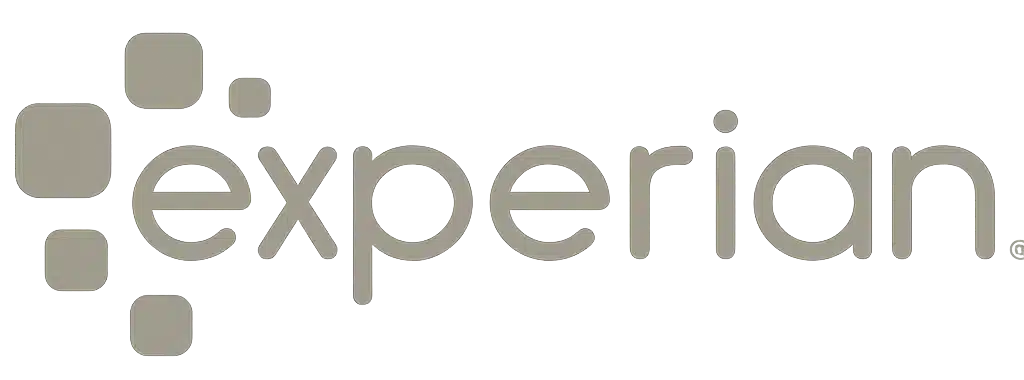Watching a baby take those first steps is exciting and a little nerve-wracking. Many parents wonder when it should happen and if their child is on track. Babies do not all walk at the same time, and that is normal. Some start early, while others take their time and focus on other skills first. I […]
Most parents wonder when to introduce a sippy cup and how to do it without stress. The advice online can
Starting solids is a big step, and it often comes with lots of questions. One of the most common questions
Teething can bring a lot of changes, and skin rashes are one of them. If you’ve noticed red or bumpy
That soft flutter or twitch in your stomach can feel strange, even when it does not hurt. Many people notice
Bedtime should feel calm, but for many parents, it turns into a daily struggle. One minute your baby looks tired,
Big feelings can show up fast for kids. One small problem can turn into tears, yelling, or shutting down. When



